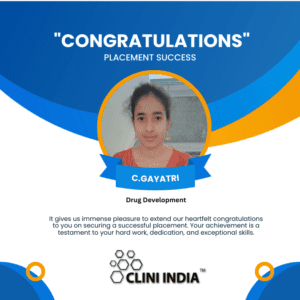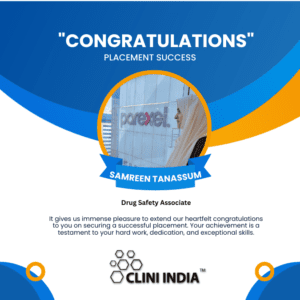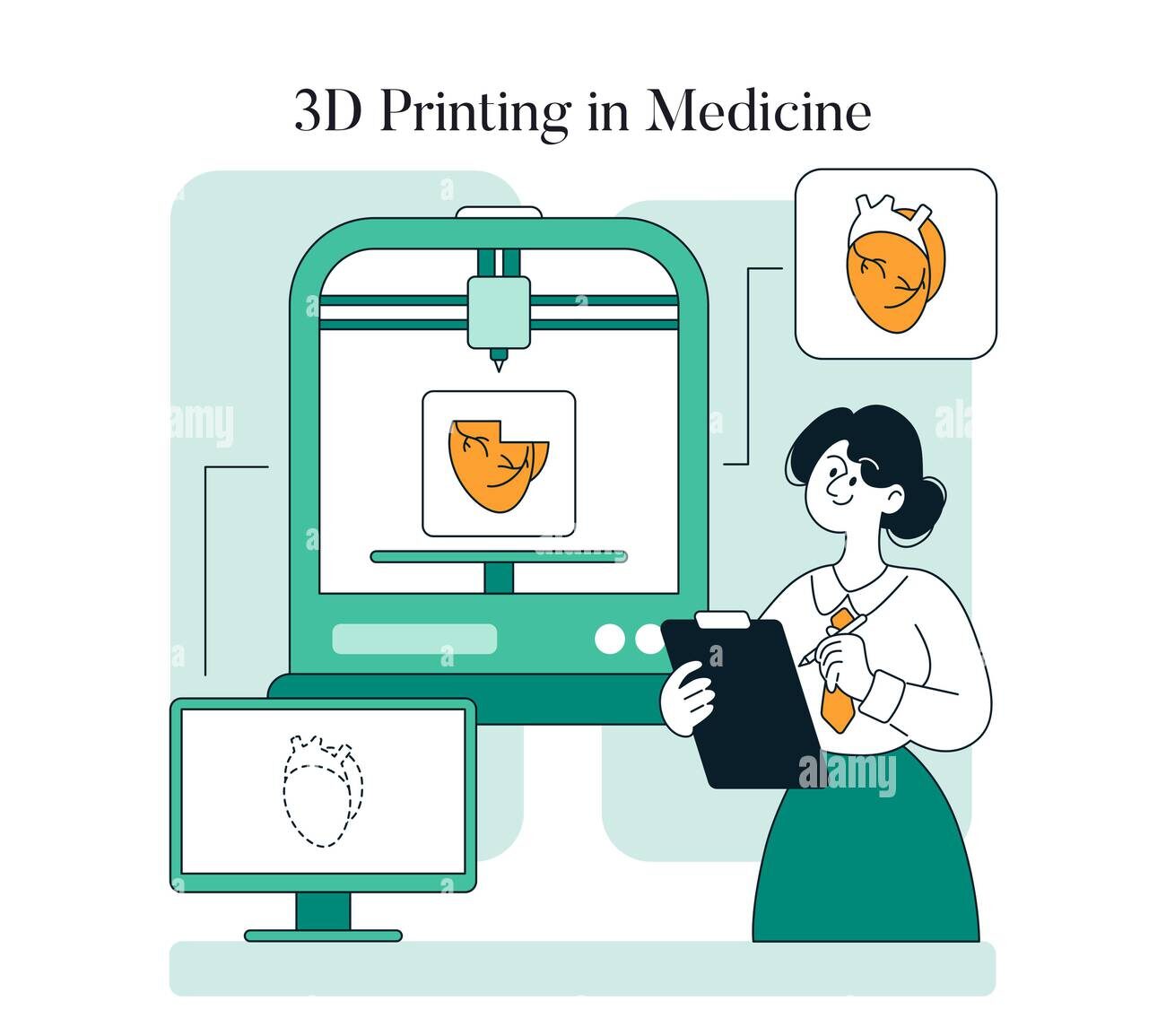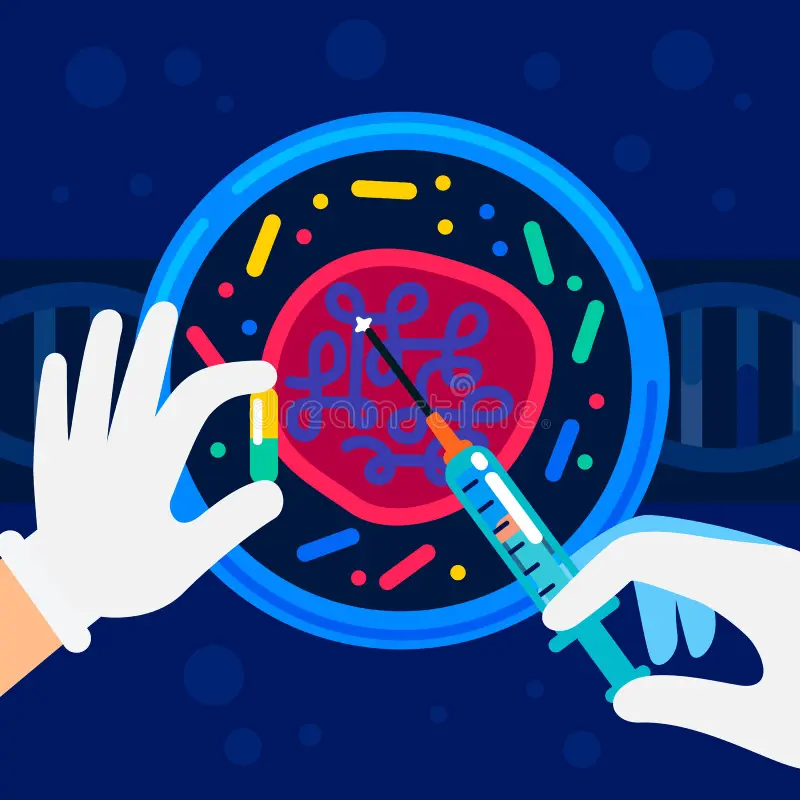
Pharmacogenomics: Tailoring Treatments Based on Genetics
Pharmacogenomics is an emerging field that explores how a person’s genetic makeup influences their response to medications. By integrating genetics into drug therapy, healthcare professionals can optimize treatment plans, reduce adverse drug reactions, and improve patient outcomes. This personalized approach marks a significant shift from the traditional “one-size-fits-all” model of prescribing medications.
The Role of Genetics in Drug Response
Each individual has unique genetic variations that affect drug metabolism, efficacy, and safety. Pharmacogenomics helps identify these genetic differences and allows for the customization of drug therapy. Key areas where genetics influence drug response include:
- Drug Metabolism – Genetic variations in enzymes such as cytochrome P450 (CYP) impact how quickly or slowly a drug is processed.
- Drug Targets – Genetic variations in receptors and enzymes affect how well a drug interacts with its target in the body.
- Drug Transporters – Proteins that regulate drug absorption and elimination may differ among individuals, influencing drug levels in the bloodstream.
Benefits of Pharmacogenomics
- Personalized Treatment – Patients receive medications tailored to their genetic profile, improving therapeutic effectiveness.
- Reduced Adverse Effects – Identifying genetic predispositions helps avoid serious drug reactions.
- Optimized Drug Dosing – Precision dosing ensures the right amount of medication is given based on genetic metabolism rates.
- Improved Drug Development – Pharmaceutical companies use genetic insights to design more effective and safer drugs.
- Cost-Effective Healthcare – Reducing trial-and-error prescribing minimizes hospitalizations and healthcare costs.
Applications in Clinical Practice
Pharmacogenomics is increasingly being used in various therapeutic areas, including:
- Oncology – Personalized cancer treatments like HER2-targeted therapy for breast cancer.
- Cardiology – Warfarin dosing adjustments based on genetic variations to prevent blood clots.
- Psychiatry – Tailored antidepressant and antipsychotic prescriptions to reduce side effects.
- Infectious Diseases – Individualized HIV treatments based on genetic resistance markers.
Challenges and Future Prospects
Despite its potential, pharmacogenomics faces challenges such as high costs, limited availability of genetic testing, ethical concerns, and the need for further research. However, with advancements in genetic sequencing and AI-driven drug development, pharmacogenomics is poised to revolutionize precision medicine in the coming years.
Pharmacogenomics represents the future of medicine, offering a customized approach to drug therapy based on genetic insights. As research progresses and accessibility improves, this field will play a pivotal role in enhancing patient care and making treatments more effective and safer. The integration of pharmacogenomics into routine clinical practice will mark a new era in personalized medicine.


























































